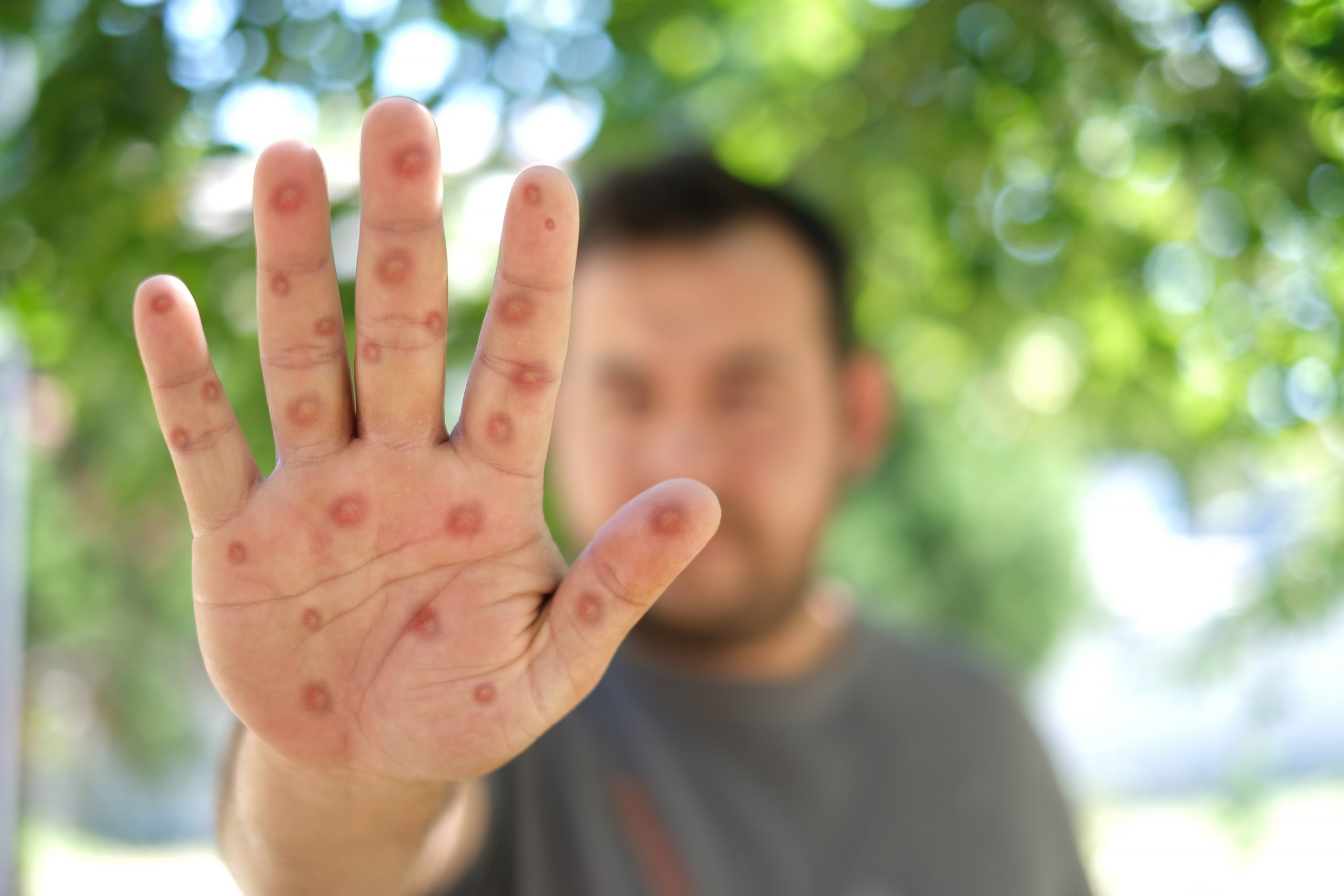Source: https://www.sanews.gov.za/south-afri...keypox-disease
SA records a case of monkeypox disease
Monday, May 13, 2024
The Minister of Health, Dr Joe Phaahla, is urging the public to be vigilant as the country has reported a laboratory-confirmed case of monkeypox disease, also known as Mpox.
The case involves a 35-year-old male, who resides in the Gauteng province and tested positive on 9 May 2024.
The case was first tested by Lancet Laboratory, which was later confirmed by the National Institute for Communicable Diseases (NICD) and immediately notified the department.,,
SA records a case of monkeypox disease
Monday, May 13, 2024
The Minister of Health, Dr Joe Phaahla, is urging the public to be vigilant as the country has reported a laboratory-confirmed case of monkeypox disease, also known as Mpox.
The case involves a 35-year-old male, who resides in the Gauteng province and tested positive on 9 May 2024.
The case was first tested by Lancet Laboratory, which was later confirmed by the National Institute for Communicable Diseases (NICD) and immediately notified the department.,,





Comment